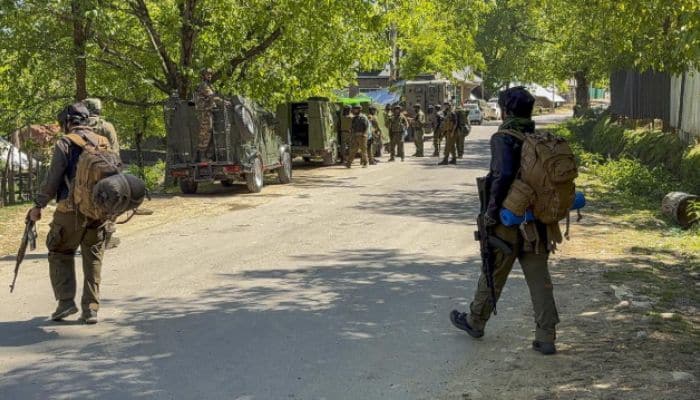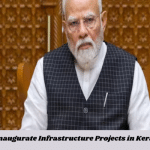In a disturbing reminder of the ongoing threat of terrorism in Jammu & Kashmir, 26 tourists — including 25 Indians and one Nepali citizen — were killed in a terror attack in Pahalgam on April 22. The brutal incident has triggered widespread national outrage and heightened diplomatic tensions between India and Pakistan.
In response, Prime Minister Narendra Modi chaired a high-level Cabinet Committee on Security (CCS) meeting to review the situation and chart a firm course of action to prevent further threats.

A Calculated Attack on Civilians
The attack targeted a bus full of tourists in Pahalgam, a scenic town in South Kashmir known as a key base for the Amarnath Yatra pilgrimage. Terrorists opened indiscriminate fire, turning a peaceful tourist hub into a scene of devastation.
Authorities confirmed the strike was pre-planned, aimed at disrupting peace and sowing fear during the region’s busy travel season. The Resistance Front (TRF) — a proxy group of the Pakistan-based banned outfit Lashkar-e-Taiba (LeT) — claimed responsibility. TRF has been active in the Valley for several years and is known for using local youth to execute Pakistan’s terror agenda.
Read More: HCLTech Slashes FY26 Revenue Growth Guidance Amidst Industry-Wide Slowdown
India’s Diplomatic and Security Response
The Indian government responded swiftly and strongly. Following the CCS meeting, New Delhi:
- Downgraded diplomatic ties with Pakistan
- Increased border surveillance along sensitive regions
- Froze ongoing bilateral talks and cooperation initiatives
In retaliation, Pakistan also downgraded ties with India. Meanwhile, the Cabinet Committee on Political Affairs (CCPA) met to assess the political implications, including the opposition’s demand for a special session of Parliament on national security.
To escalate matters, Pakistan initiated unprovoked firing along the International Border in the Pargawal sector on Tuesday night, shortly after a ceasefire violation on the Line of Control (LoC). Many analysts see this as an attempt to provoke India and deflect international focus from the terror strike.
India Issues Strong Warning to Pakistan
Indian defense sources confirmed that the cross-border firing was met with effective retaliation. The government sent a stern warning to Pakistan, declaring that any further provocation would invite a “proportionate and punitive response.”
India has also begun lobbying at international forums, urging allies to pressure Pakistan to dismantle terror infrastructure operating from its soil. External Affairs Minister Dr. S. Jaishankar is expected to raise the issue at upcoming global meetings and push for tighter sanctions on terror financing and state-sponsored terrorism.
United Political Front and Public Anger
Leaders across party lines condemned the Pahalgam attack. Prime Minister Modi vowed to bring the perpetrators to justice, while opposition leaders called for national unity on counter-terror policy.
The tragedy has sparked widespread public outrage. Cities across India witnessed candlelight vigils, marches, and protests, as citizens mourned the loss of innocent lives and demanded swift action.
Security agencies remain on high alert, especially in Jammu & Kashmir, amid intelligence reports of possible follow-up attacks or efforts to stir communal tension.
The Road Ahead: A Stronger Counter-Terror Strategy
Experts believe India must now move beyond immediate retaliation and adopt a long-term counter-terror strategy, including:
- Strengthening border intelligence and surveillance
- Improving inter-agency coordination
- Countering radicalization at the grassroots level
- Using technology and AI to detect threats early
- Intensifying global diplomatic pressure on terror-harboring nations
India’s ability to balance firm military action with sustained diplomatic efforts will be key in shaping regional stability and deterring future attacks.











